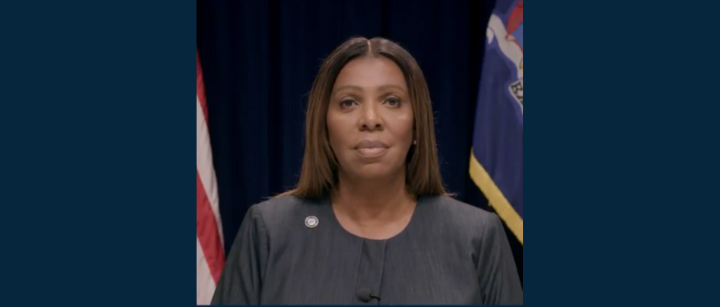New York city implements measures to improve affordability for residents and reduce living costs.
The cost of living in New York continues to exert significant pressure on residents, prompting Governor Kathy Hochul to introduce a proactive approach aimed at enhancing affordability and quality of life for the state’s over 20 million inhabitants. The recently passed state budget comes as a culmination of her commitment to addressing the pressing financial concerns facing families throughout New York.
Under the banner of the Affordability Agenda, this initiative seeks not only to alleviate immediate financial burdens but also to invest in the long-term well-being of New Yorkers. The ongoing challenges of rising living costs, compounded by federal tariffs that have inflated business expenditures, have necessitated a robust response from state leadership.
Hochul’s administration has engaged with communities across the state, from the North Country to Long Island and major urban centers such as New York City and Buffalo. Residents’ calls for support underscore a common sentiment: many families are finding it increasingly difficult to manage everyday expenses as inflation persists.
The Affordability Agenda introduces various measures that target middle- and low-income households specifically. Among the proposed relief efforts are inflation refund checks of up to 0, benefiting more than 8 million households. Furthermore, a significant reduction in middle-class taxes is anticipated, amounting to billion annually in tax relief for approximately 8.3 million families. Notably, the expanded child tax credit will now provide up to ,000 per child for 1.6 million families, extending its reach to children under four since the 2023 budget.
To further address the needs of families, the state will provide free school meals for over 2.7 million students and invest in safer, more affordable childcare, thus aiding both parents and childcare providers. In an effort to bridge the digital divide, the initiative proposes affordable high-speed internet access for low-income households at a cost of per month.
Homeowners will also receive financial relief through .5 billion in School Tax Relief (STAR) rebates and will benefit from a comprehensive housing plan designed to ensure affordable housing options for families while safeguarding homeowners and renters. The agenda also includes record funding for education, public transit, and tuition assistance, fostering a conducive environment for growth and opportunity.
As New York confronts a labor market with over 400,000 job openings, the Affordability Agenda aims to support the state’s workforce. The administration plans to finance community college tuition for adults aged 25 to 55 pursuing studies in high-demand fields such as healthcare and technology. This initiative recognizes that many individuals are deterred from furthering their education due to financial constraints, a barrier that the state now aims to dismantle.
Lastly, the state’s ongoing support for small businesses and downtown revitalization initiatives is designed to stimulate economic development by creating vibrant communities where residents can live, work, and thrive.
Through the Affordability Agenda, New York is not only addressing immediate economic challenges but is also committed to fostering an environment where working families can flourish amidst changing economic conditions. The initiatives reflect the state’s dedication to making life more affordable for all New Yorkers, ensuring that they are equipped to succeed in an evolving economic landscape.
Media News Source






